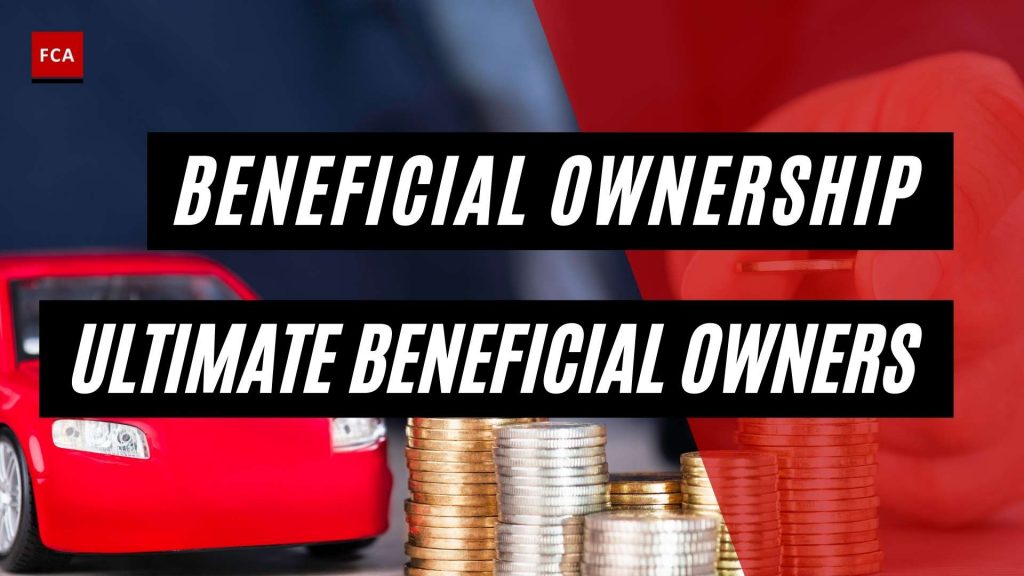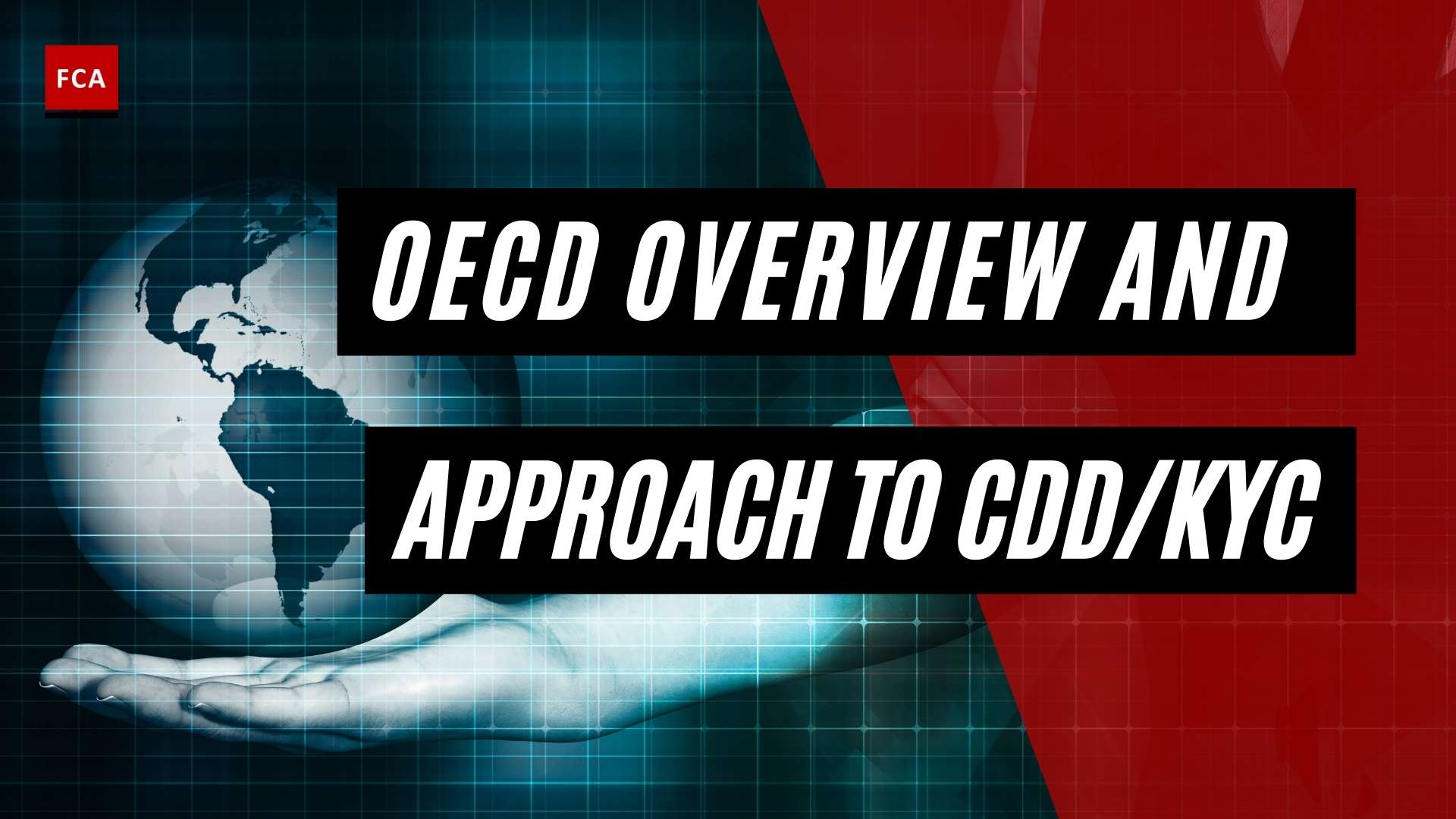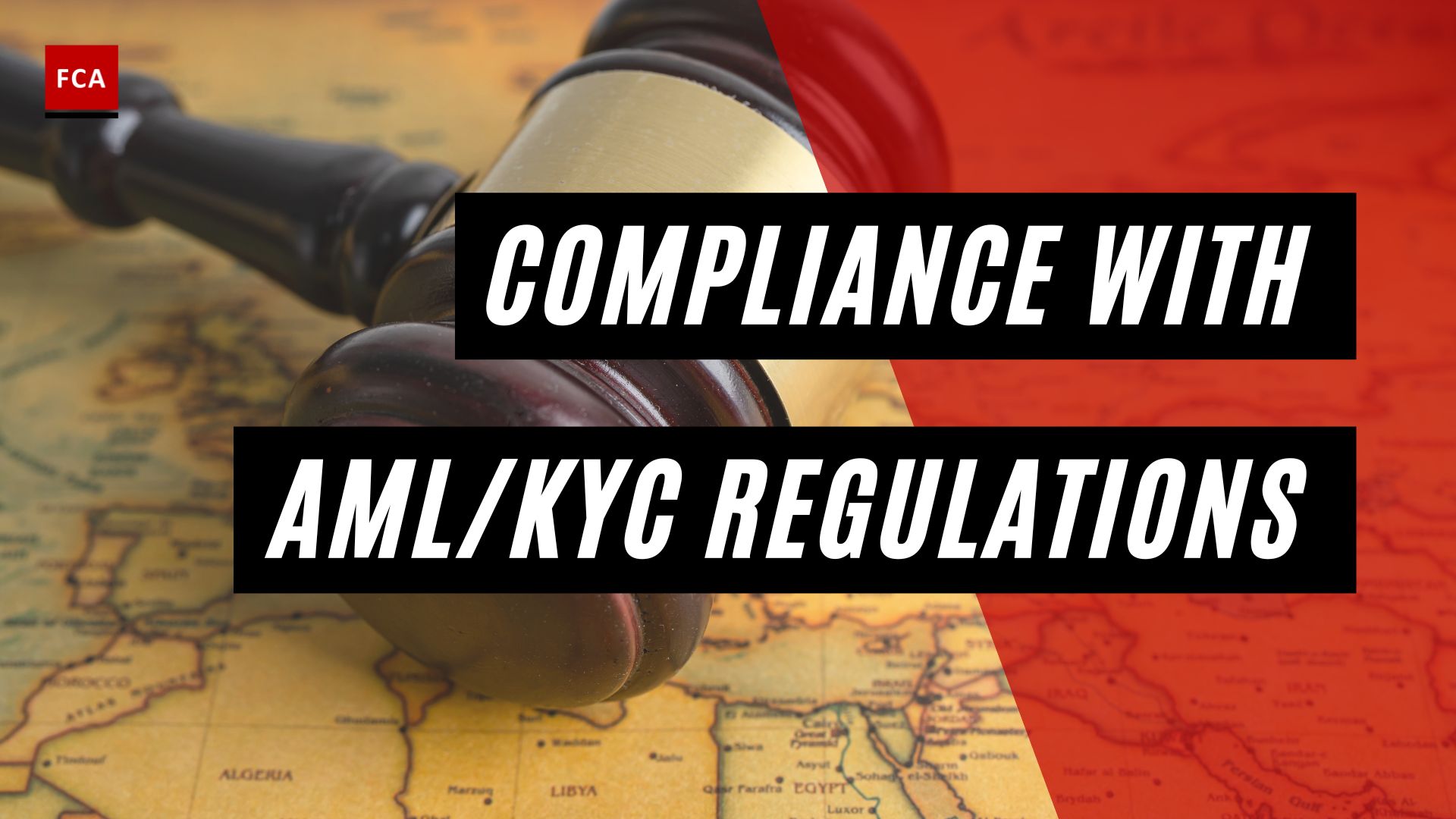A beneficial owner is an individual who owns the account and its operations, either directly or indirectly, through another person who directs the management of the account. ‘This article elaborates on ‘Understanding Beneficial Ownership And Ultimate Beneficial Owners’.
According to AML and KYC regulatory standards, every firm must make reasonable efforts to verify the genuine, accurate, and full identification of the beneficial ownership structure and beneficial owners before onboarding consumers.

Corporate vehicles utilized by criminals
Corporate vehicles play an important role in the global economy since they carry out a variety of legal, economic and entrepreneurial operations. Criminals, on the other hand, have utilized them to disguise and transform the proceeds of their crimes. Criminals are attracted to corporate vehicles because they may be used to avoid restrictions by concealing the identities of known or suspected criminals as well as the source of finances or assets.
If the organization has reasonable reasons to think that a person is or may be the organization’s beneficial owner, it must write to that person requesting that he or she:
- state whether they a truly beneficial owner; and
- and if so, confirm or correct any required particulars of such person that are included in the request in writing.
Organizations must keep a record of the required particulars of the declared and verified beneficial owners as the “record of beneficial owners”.
The information required from the beneficial owner may include the following:
(a) in respect of a natural person:
- full name, including any former names;
- country of residence;
- date of birth;
- nationality;
- occupation;
- the date on which that person became a beneficial owner; and
- the grounds on which that person is considered to be a beneficial owner; and
(b) in respect of a Person who is not a natural person:
- registered name;
- registered address;
- registration number (or equivalent);
- country of registration; and
- the date on which that person became a beneficial owner.

Legal ownership and Control
In the context of legal persons, the FATF definition of the beneficial owner must be separated from the ideas of legal ownership and control. On the one hand, legal ownership refers to the natural or legal people who possess the legal person according to the legal laws of the relevant jurisdiction. Control, on the other hand, refers to the power to make important choices inside a legal entity and enact those decisions, which may be obtained in a variety of ways (for example, by owning a controlling a block of shares).
However, an essential element of the FATF definition of the beneficial owner is that it extends beyond legal ownership and control to consider the notion of ultimate (actual) ownership and control.
FATF definition focuses of natural persons
In other words, the FATF definition focuses on the natural and not the legal persons who own and take advantage of the capital or assets of the legal person. The beneficial owners exert effective control over it, rather than just the (natural or legal) persons who are legally (on paper) entitled to do so.
For example, if a company is legally owned by a second company (according to its corporate registration information), the beneficial owners are the natural persons who are behind that second company or ultimate holding company in the chain of ownership and who are controlling it.
Likewise, persons listed in the corporate registration information as holding controlling positions within the company but who are acting on behalf of someone else cannot be considered beneficial owners because they are ultimately being used by someone else to exercise effective control over the company.
Another important element to the definition of the beneficial owner is that it includes natural persons on whose behalf a transaction is being conducted, even where that person does not have actual or legal ownership or control over the customer.
Reducing the misuse of corporate vehicles
The misuse of corporate vehicles could be significantly reduced if accurate information regarding both the legal owner and the ultimate beneficial owner, the source of the corporate vehicle’s assets, and its activities were readily available to the authorities. It is often very difficult for competent authorities to identify the natural, real person who truly has ownership and control of a company, trust, or another corporate vehicle, particularly when the arrangement involves several countries.
Criminals make use of this lack of access to beneficial ownership information. By setting up one or more corporate vehicles, they can hide their identity, the true purpose of the account, and the source or use of funds or property associated with the corporate vehicle.
FATF Recommendations
The FATF Recommendations provide measures that address the transparency and beneficial ownership of legal persons (Recommendation 24) and legal arrangements (Recommendations 25). Countries should take measures to prevent the misuse of legal persons and arrangements from being misused for criminal purposes, including by:
- Assessing the risks associated with legal persons and legal arrangements;
- Making legal persons and legal arrangements sufficiently transparent, and;
- Ensuring that accurate and up-to-date basic and beneficial ownership information is available to competent authorities in a timely fashion.
Guidance developed by FATF
Earlier mutual evaluation cycles showed that implementing the FATF requirements on transparency and beneficial ownership proved challenging for some countries. The FATF has therefore developed this guidance, with input from the private sector and corruption experts, to assist policymakers and practitioners in national authorities to identify, design, and implement appropriate measures to prevent the misuse of corporate vehicles.
Final Thoughts
A beneficial owner is a person who owns the account and its operations, either directly or indirectly, through another person who directs the management of the account. ‘This article elaborates on ‘Understanding Beneficial Ownership And Ultimate Beneficial Owners’.








